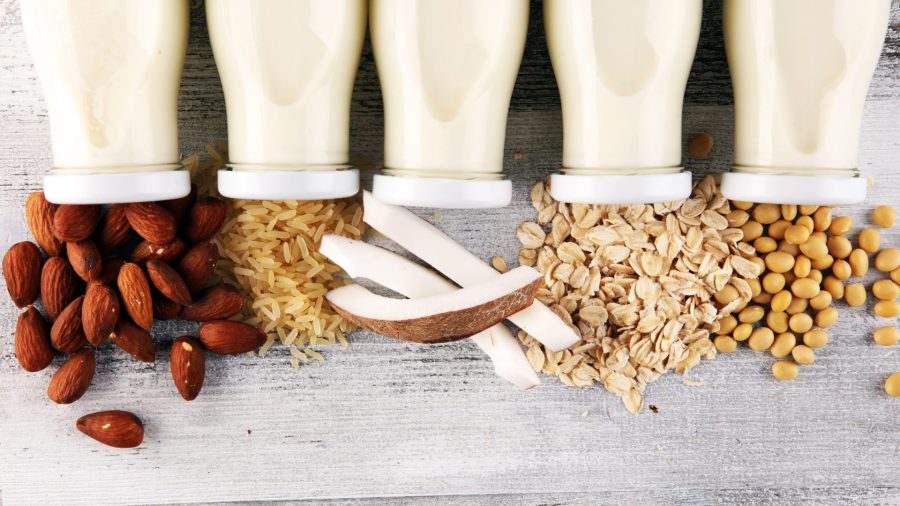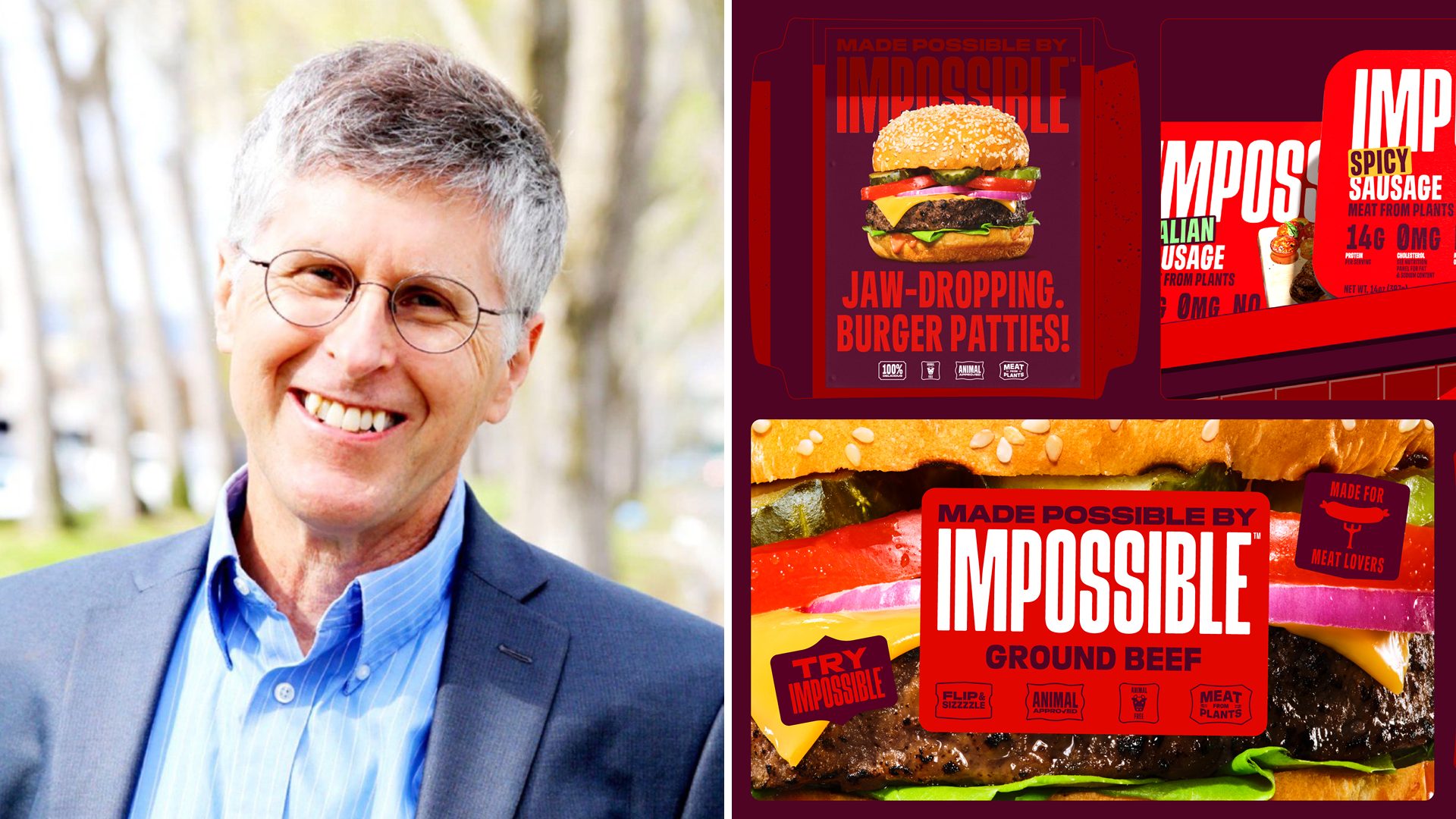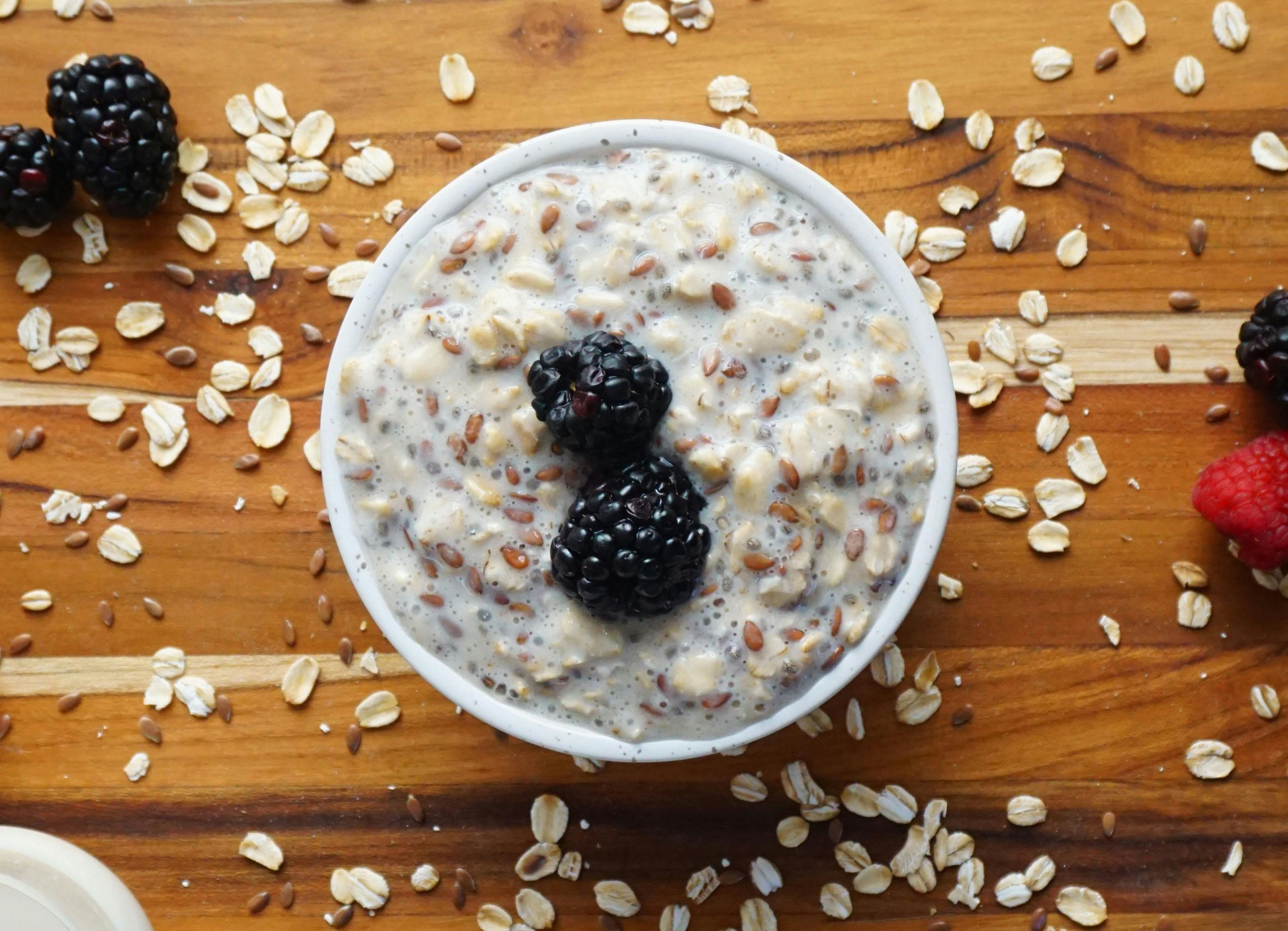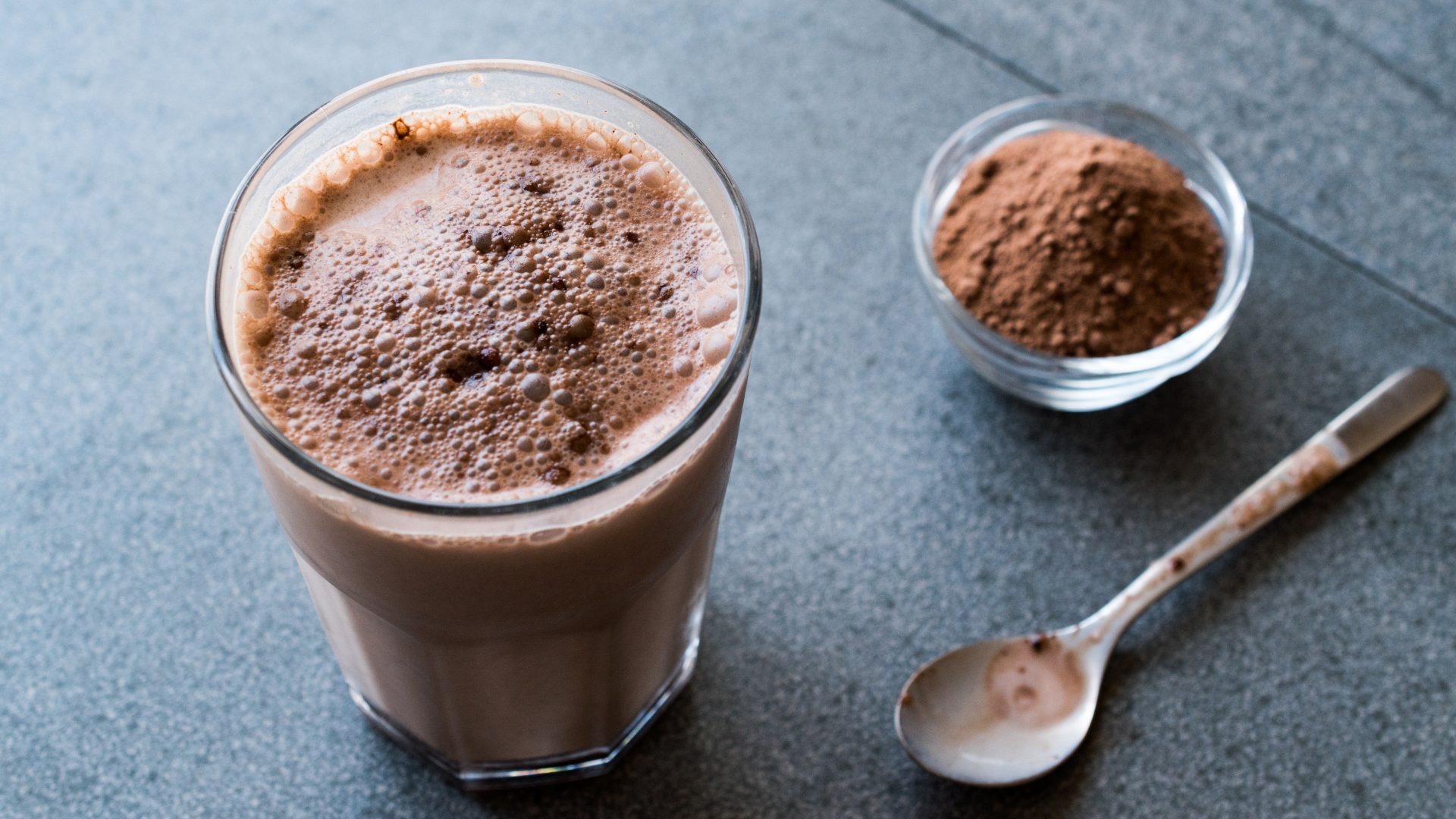This article is sponsored and written by Future Market Insights.
Plant-based beverages, in many respects, are taking the food industry by storm. The products are praised by many for their healthy nutritional profile. And, as veganism gains popularity, more and more consumers are showing an inclination towards plant-based products.
According to the Hartman Group’s “Health & Wellness 2021: Reimagining Well-being Amid COVID-19″ report, 61% of consumers consume food as a remedy to treat or prevent a condition while 38% use beverages as a remedy. Furthermore, around half (48%) of consumers look for foods and drinks labeled as being “plant-based.”
Plant-based beverages are typically derived from plant products such as almond, coconut, rice, soy, hemp seeds, peanuts, cashew, barley, oats, and other items. These beverages are rich in proteins and contain low carbs. They’re also often fortified with vitamins, flavors, calcium and other nutrients in order to enhance their nutritional values and taste.
Energy drinks, protein shakes, dairy alternatives and other ready-to-drink (RTD) beverages are some of the most popular plant-based products throughout the food industry. In 2021, almost every store, supermarket or café features a number of plant-based beverages.
Demand for plant-based products is predicted to increase considerably in the next decade as a response to growing concerns about the ecological footprint of some foods and beverages, escalating animal welfare issues, rising health concerns, and the threat of food insecurity.
A study conducted by researchers at the University of Oxford states that a global switch to diets that rely less on meat and more on fruit and vegetables could save up to 8 million lives by 2050, reduce greenhouse gas emissions by two-thirds, and lead to healthcare-related savings and avoided climate damages of $1.5 trillion (USD).
As more consumers exhibit their inclination for plant-based diets, the demand for plant-based beverages should rise.
Health and Environmental Concerns are Prime Motivators
Maintaining health has become a priority for consumers across the world. With rising awareness regarding personal health, people have shown keen interest in consuming natural products. These plant-based products are usually pure, cost efficient, effective and without harmful side effects.
According to one senior market analyst, consumption of plant-based foods and beverages is increasing because consumers tend to perceive them as natural, safer and more sustainable than animal products.
Plant based-beverages, such as wheatgrass juice, and dairy alternatives are gaining traction on account of their various health benefits.
The COVID-19 pandemic has resulted in higher demand for organic food products. Following the unprecedented outbreak, people have become more conscious about their diet and health. A large number of plant-based beverages derived from Aloe Vera and wheatgrass are being consumed by people to enhance their immunity.
According to new data from the Plant Based Foods Association (PBFA), U.S. retail sales of plant-based foods have considerably outpaced total food sales during the pandemic, demonstrating that more consumers are turning to plant-based foods amid the crisis. According to PBFA, plant-based food sales surpassed $7 billion (USD), up 27% in 2020.
The increasing penetration of internet and social media platforms is playing a crucial role in educating people about the various benefits of consuming organic products. Leading players are using these platforms, in turn, to increase sales.
Dairy Alternatives Stealing the Limelight
Both cow’s milk and plant milk have become integral components of balanced diets, owing to the presence of various essential nutrients such as carbohydrates, fats, proteins and vitamins.
And dairy alternatives have a long history. Humans have consumed plant milk for hundreds of years. While the dairy industry has taken over in the last few decades, increasing incidence of lactose intolerance and milk allergies will position the plant-based beverages segment to compete against the dairy sector. According to the World Allergy Organization (WAO), around 2.5% of newborns are diagnosed as allergic to cow’s milk early in life.
Dairy alternatives are believed by many to reduce the risk of various afflictions like diabetes and obesity. Innovation within the dairy alternative category is rife and consumers can usually choose their desired drink at an affordable price. Manufacturers are continuously introducing new plant-based dairy alternatives which can’t be easily differentiated with cow’s milk in terms of taste and nutritional value. For instance, in November 2021, CP Kelco launched KELCOGEL DFA Gellan gum, a single-ingredient, dual-function solution for formulating plant-based dairy alternative beverages.
Soy milk, meanwhile, is emerging as the most preferred dairy alternative, due to its close nutritional resemblance with cow’s milk. Per FMI research, sales of dairy alternatives will top $16 billion (USD) in the coming decade.
Future of Plant-Based Beverages
Plant-based beverages have undergone a rapid evolution over the years, with options like coconut milk, soy milk and oat milk becoming mainstays for vegan and lactose intolerant consumers.
The growing trend of vegetarianism is creating lucrative opportunities for companies to ride this wave and become industry leaders. Companies are responding with a steady stream of innovative and healthy plant-based beverages.
Additional nutrients and flavors are being added to plant-based beverages to improve their mouthfeel and nutritional value.
Both new entrants and leading plant-based giants are trying to make their mark on the alternative market space. They’re employing new technologies and resources to develop better products as well as to address taste and texture expectations of consumers.
For instance, in June 2021, Danone Manifesto Ventures (DMV) acquired a majority stake in Harmless Harvest, a leader in organic coconut-based products including coconut water, as DMV furthers its investment and partnership efforts. DMV is the corporate venture arm of Danone, a global leader of fresh dairy and plant-based foods and beverages.
Similarly, in May 2021, Nestle announced the launch of Wunda, a new pea-based beverage marketed as an ideal replacement for conventional milk.
Many companies are launching plant-based protein shakes to cater to the rising demand for such supplements. For instance, in August 2021, Kyani, Inc. launched a macronutrient-balanced plant-based shake called Kyani Origin to support its newly announced Nitro Nutrition program.
Product innovation will continue to be the best strategy for market players as they aim to make deeper inroads globally. With continuous research and development of new plant-based drinks from different substrates such as potatoes, the global plant-based beverages industry has a bright future.
Download Free Sample: https://www.futuremarketinsights.com/reports/sample/rep-gb-4641
To contact Future Market Insights, email sales@futuremarketinsights.com.











